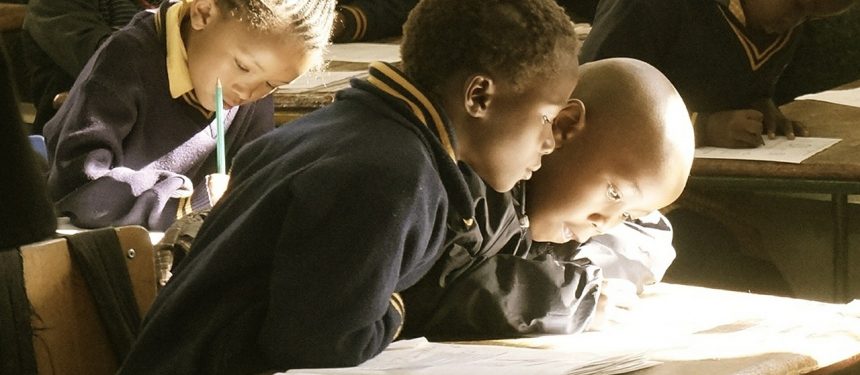The UK government has revealed plans to invest £20 million into a global research project that aims to boost digital skills in underdeveloped regions across the world.
News and business analysis for Professionals in International Education
Have some pie!
UK government launches global edtech hub
 The hub will focus on schools in Africa and Asia. Photo: Pixabay
The hub will focus on schools in Africa and Asia. Photo: Pixabay Launched by the Department for International Development at EdTechX Europe 2019, the EdTech hub will bring together British universities, research companies and education experts to help children, teachers and governments in developing countries get up to speed with the new technology in their classrooms.
“In many developing countries [education technology] is only available in the wrong language”
The EdTech hub, which will run for eight years, is made up of the University of Cambridge, the Overseas Development Institute, Results for Development, Brink, Jigsaw, Open Development and Education, INJINI, Afrilabs, e-Learning Africa and BRAC.
Speaking about the initiative, minister for Africa Harriett Baldwin said for the first time there will be a substantial amount of practical research available to help teachers and governments around the world choose the right technology for their classrooms.
“Educational technology can transform how children learn, but in many developing countries it is often only available in the wrong language or schools do not have the right tools to keep their software in working order,” said Baldwin.
“That’s why UK aid is supporting the creation of the EdTech hub to help millions more children receive the quality education they deserve and reach their full potential.”
Of the £20m, half will go towards research based in low-income-countries, with 35% allocated towards supporting tech deployment in governments and 15% on innovation.
Sara Hennessy from the Faculty of Education at University of Cambridge described the investment as an “extremely welcome” commitment to improving the educational opportunities for disadvantaged children in low-income regions.
The University of Cambridge is very pleased to be involved in this pivotally important research program. Technology use has to be adapted to the cultural context and one-size-fits-all solutions simply don’t work.
“Rather than hoping for the best, we have to carefully review and iterate, generating insights from rigorous research and applying them in practice,” she added.
Still looking? Find by category:


